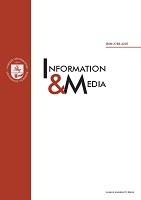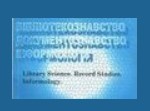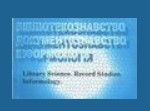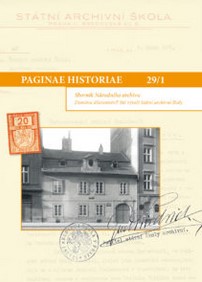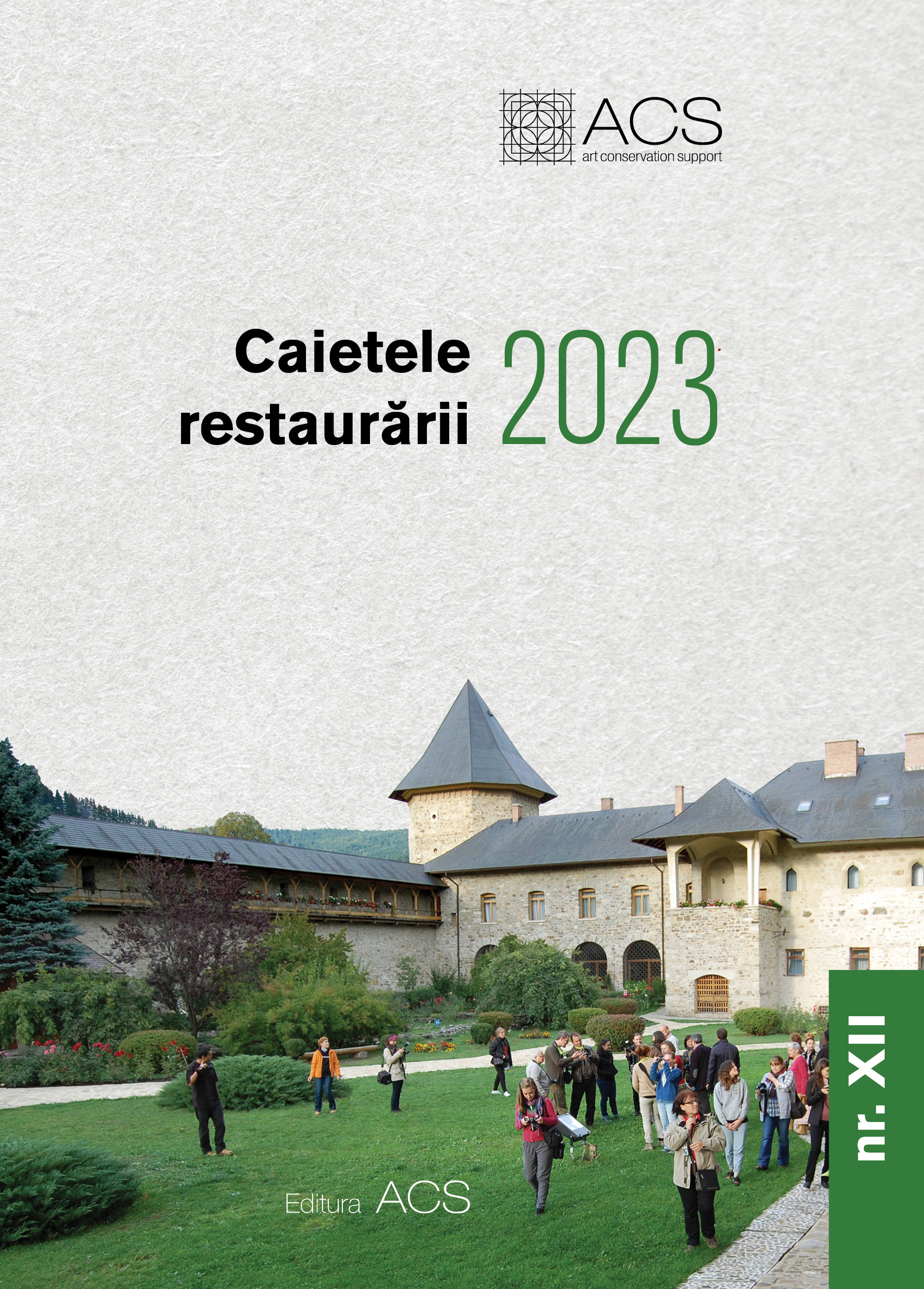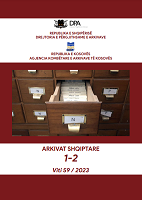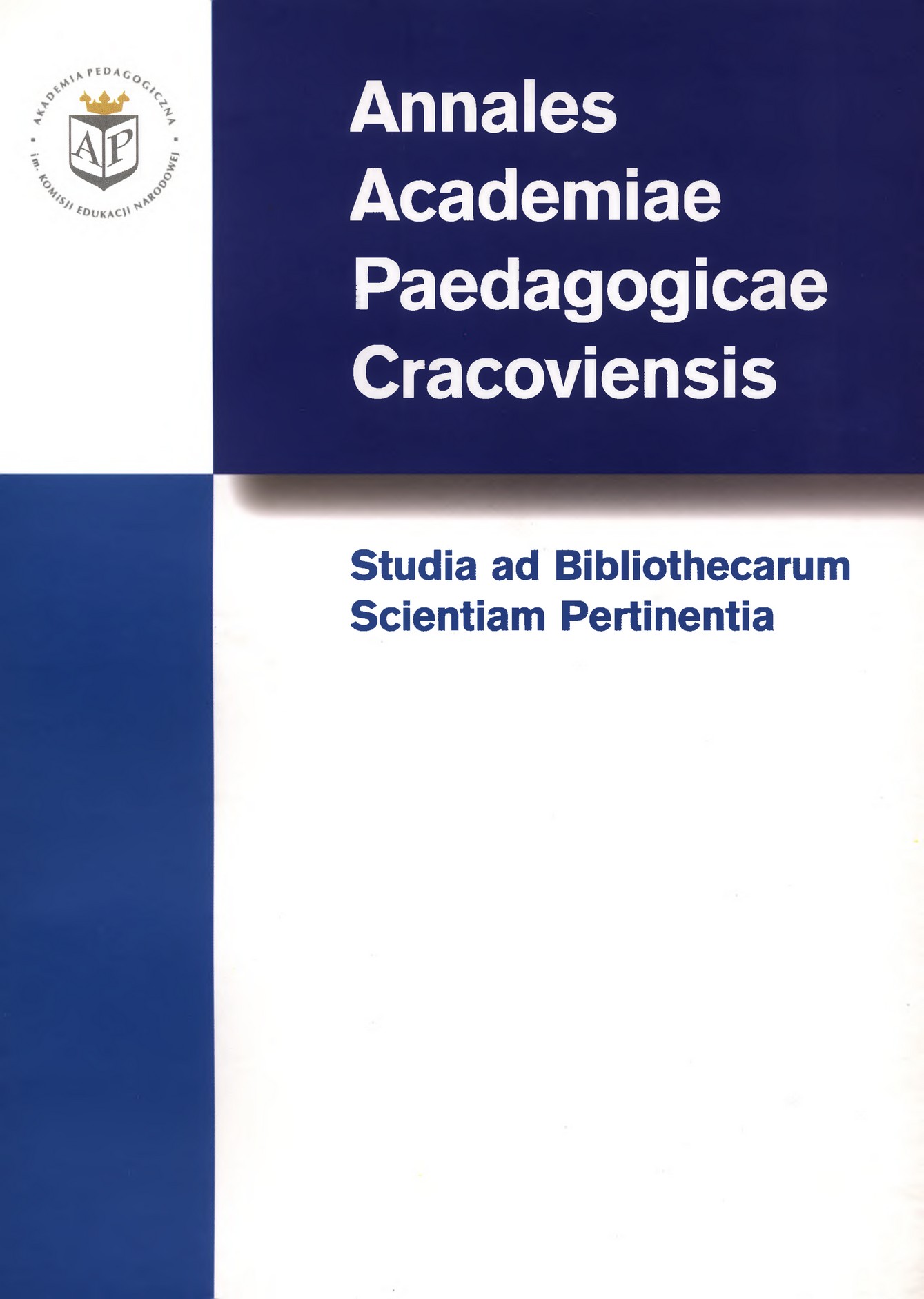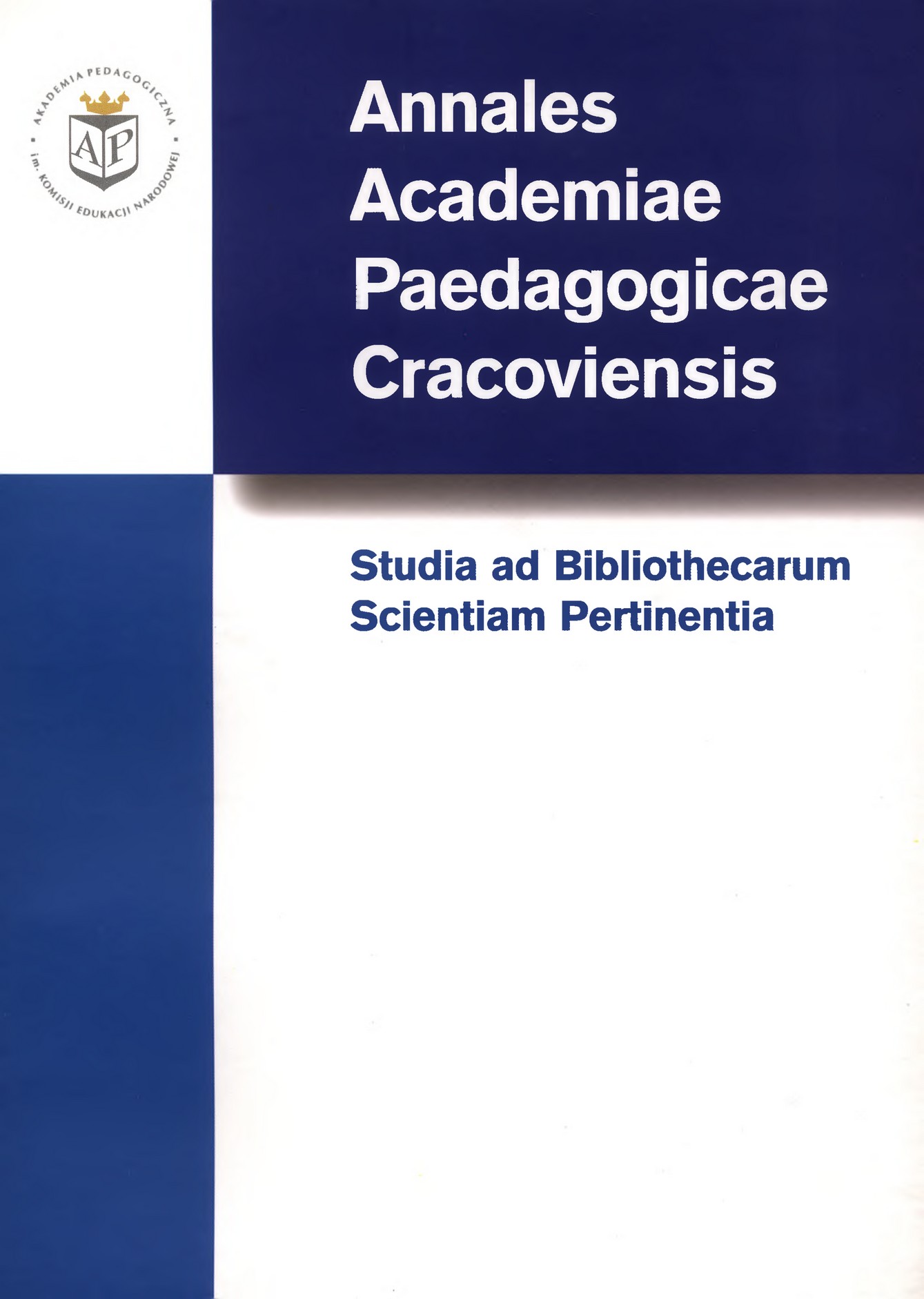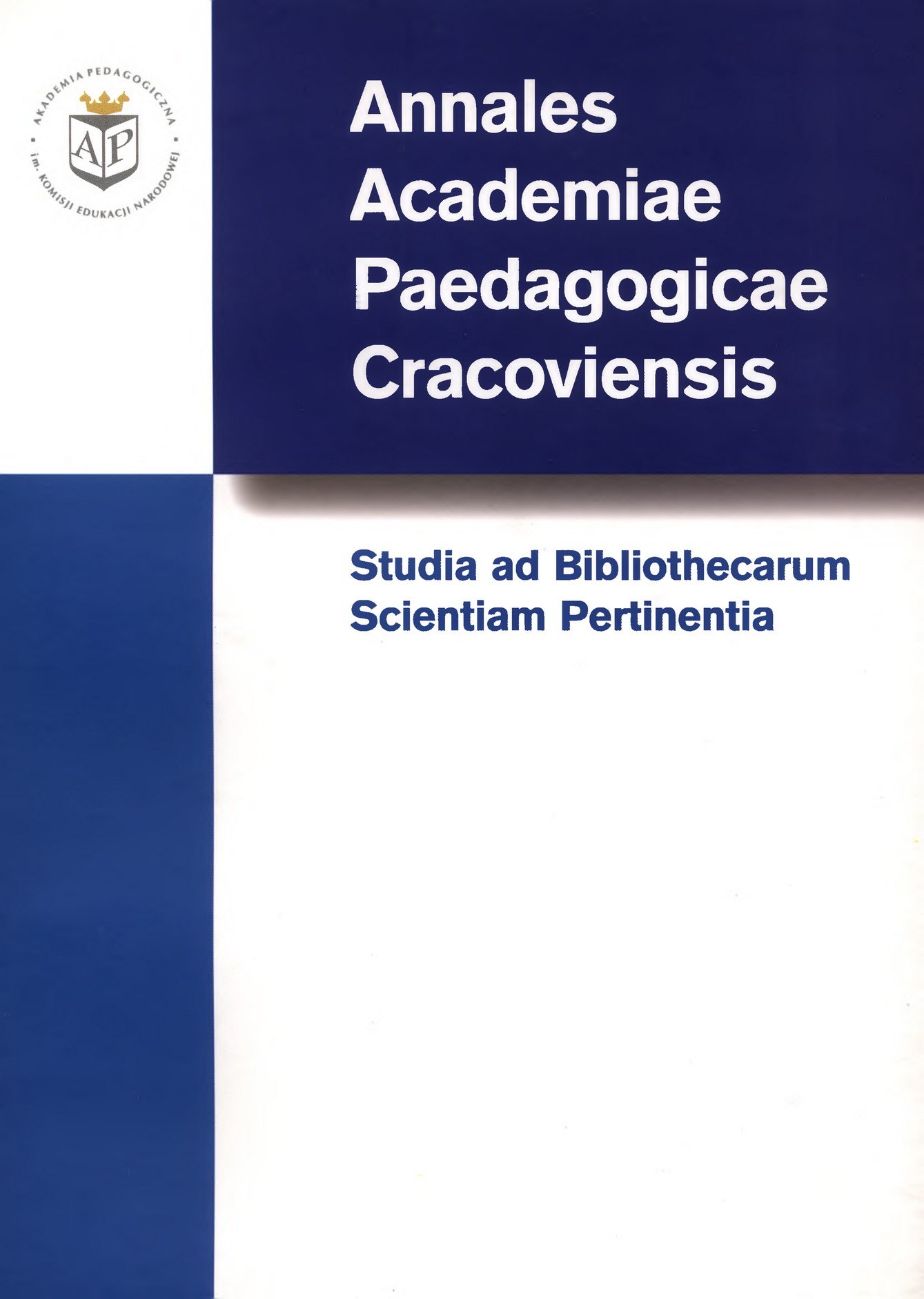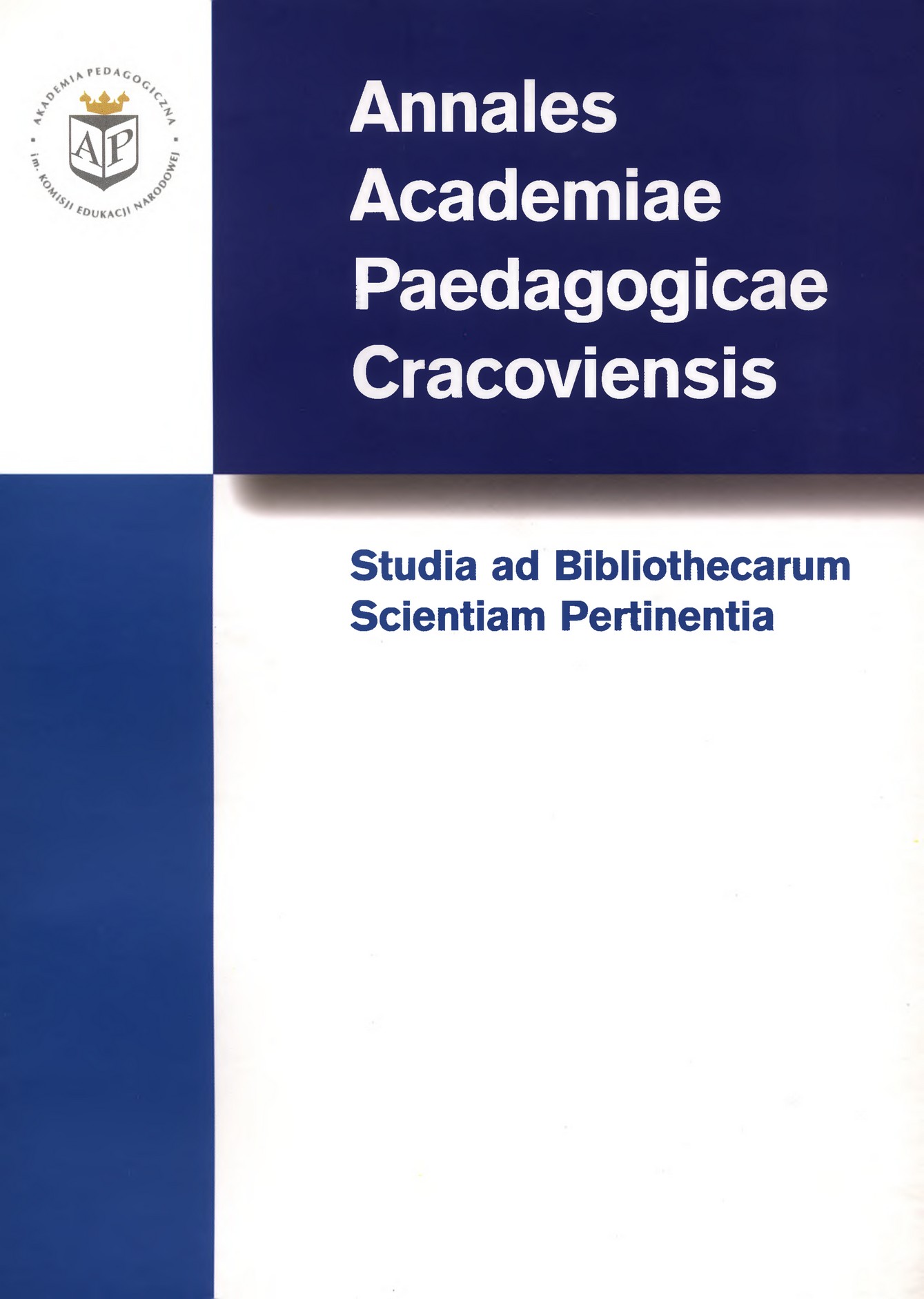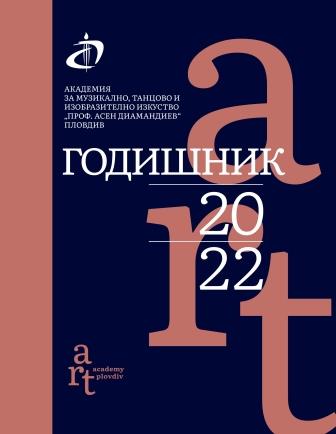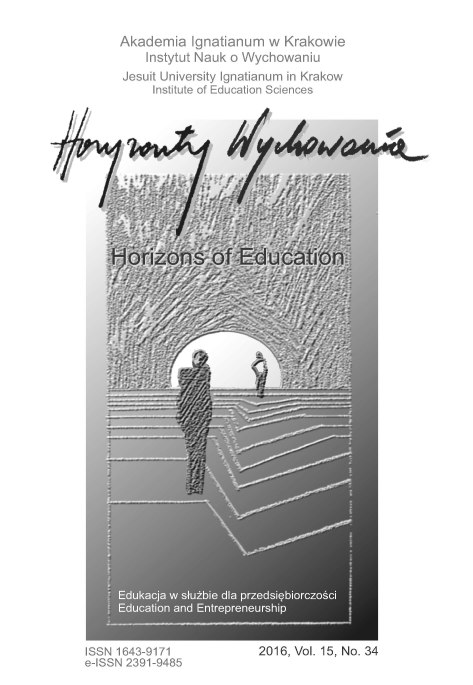
Ocena możliwości implementacji MOOCs
Research objective: The article is devoted to Massive Open Online Courses (MOOC's) and their role in developing the entrepreneurial mindset of people interested in self-education. The aim of the study is to assess students’ state of knowledge, commitment and expectations regarding MOOC's. The research problem and methods: The article presents the results of a survey regarding MOOC's conducted among university students. Additionally, the possibility of using mobile devices in assessing MOOC's accessibility is also analysed. The analysis of the content of MOOC's is performed using as an example Information Technology, Entrepreneurship and Project Management courses, which are available on the Internet as MOOC's. The process of argumentation: The conclusions of the study are con-fronted with theoretical considerations and are presented in the form of implications for work related to the extension of the educational offer of universities in Poland, by massive, open, online, and free training. Research results: The study indicates that supplementing one’s education with MOOC's is not yet very popular in Poland, but the survey conducted in a selected group of students has confirmed that students are interested in MOOC's, and they take an active part in them. Conclusions, innovations and recommendations: Monitoring students’ interest in MOOC's is important in Poland because universities which offer this type of courses can use them as one of the ways to attract students already during the recruitment process and also as a way of supplementing their knowledge by specialist expertise. If more students begin to take part in this type of courses, universities in Poland will have to develop educational models involving MOOC's.
More...
